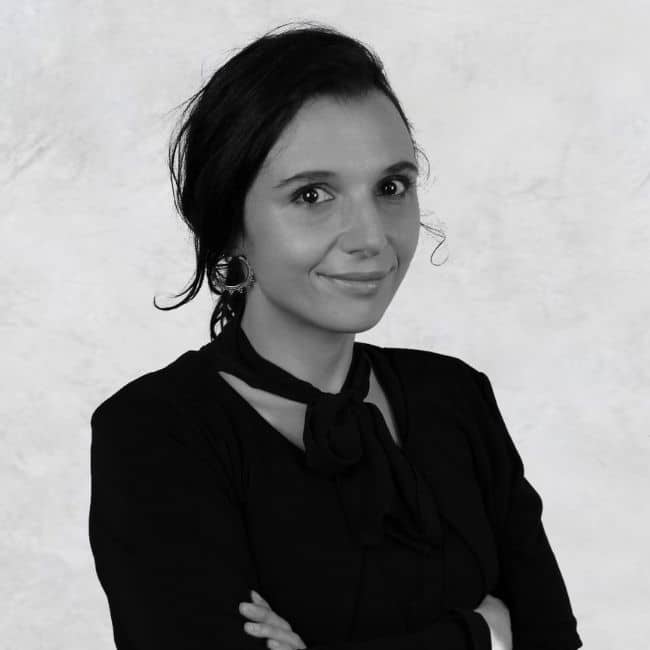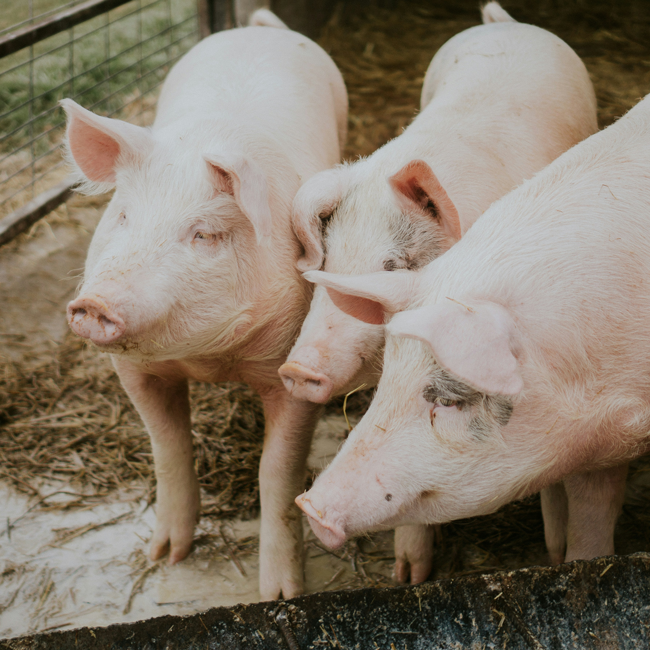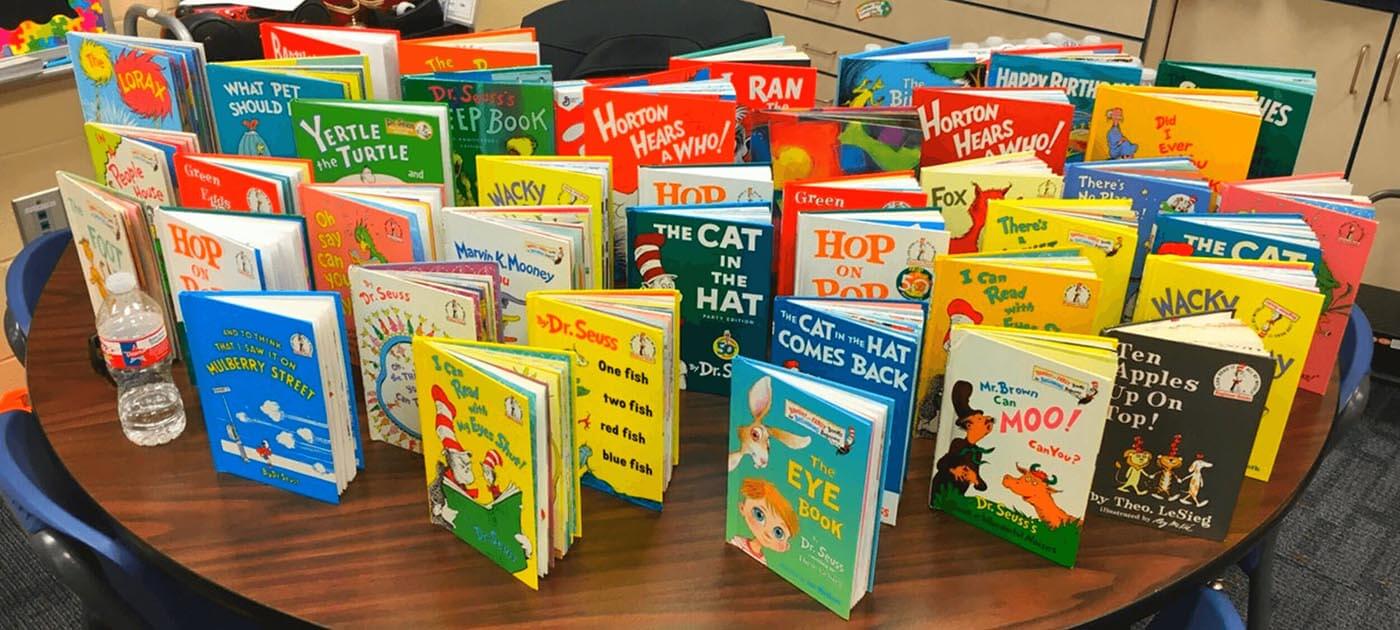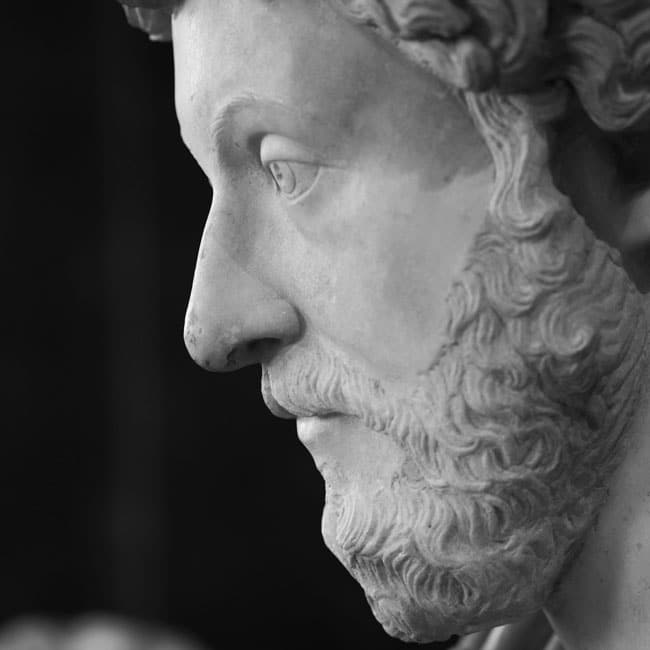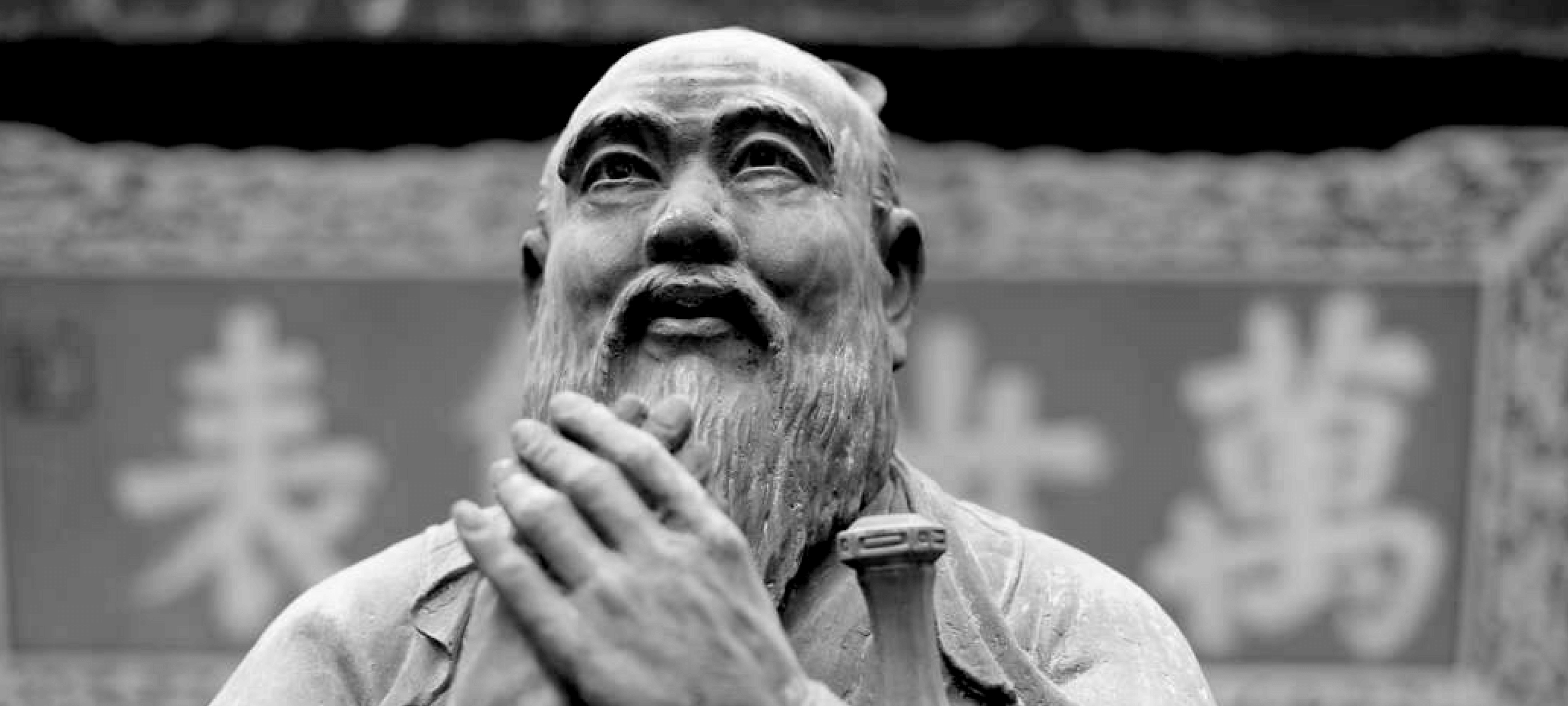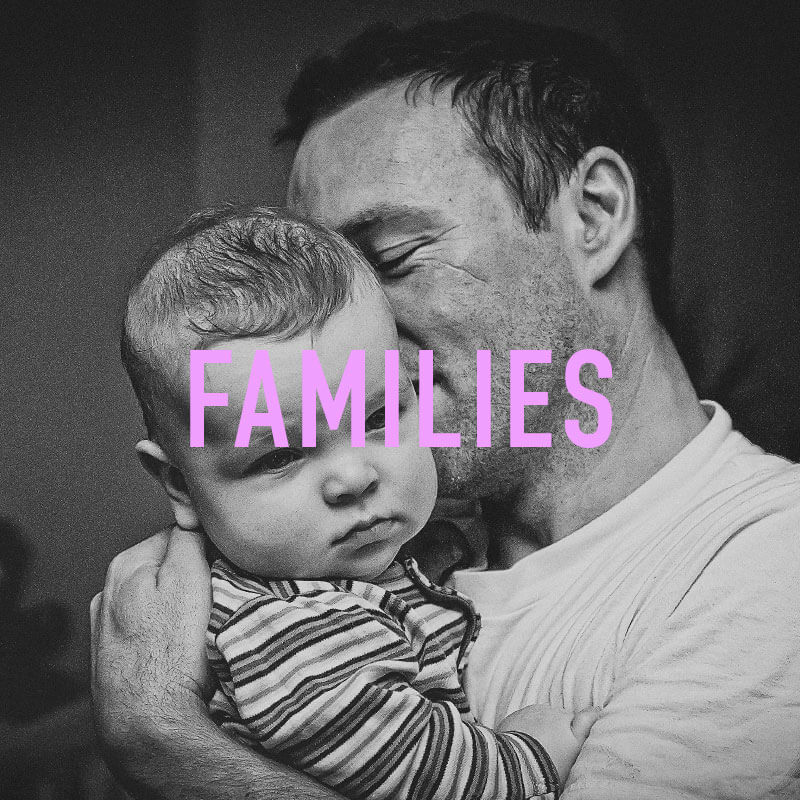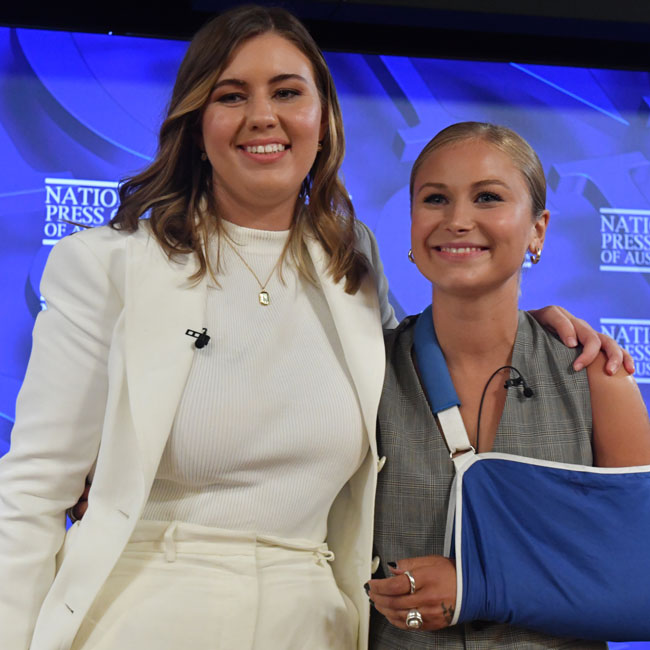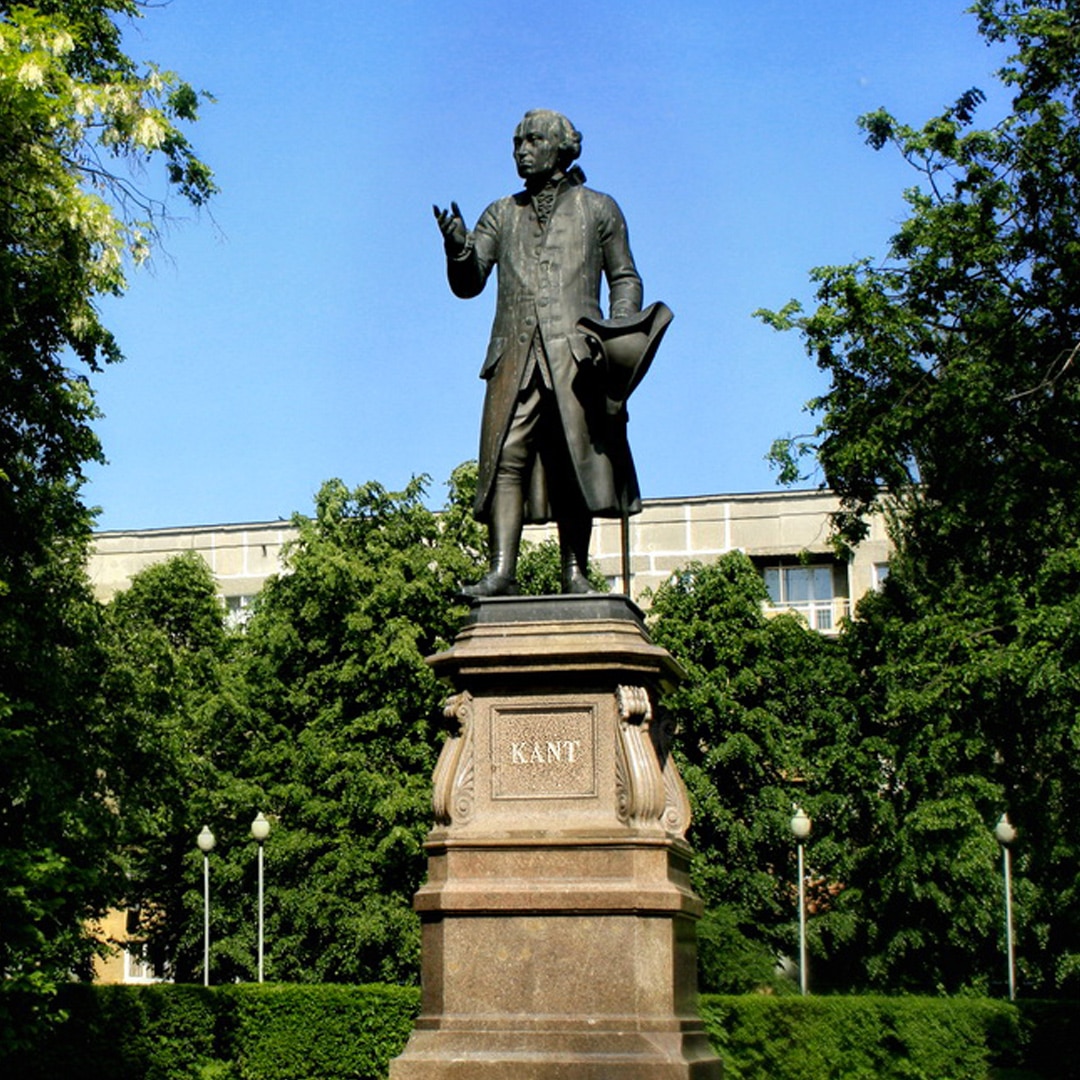Feminist porn stars debunked

Feminist porn stars debunked
Opinion + AnalysisHealth + WellbeingPolitics + Human Rights
BY Laura McNally The Ethics Centre 9 DEC 2015
So-called feminist porn star James Deen has faced shocking accusations of rape from numerous women, including several female porn actors.
If true, it’s crucial Deen and men like him are held to account. But it’s also vital that porn producers, wholesalers, web hosts, and investors are not given a free pass. The porn industry deserves critique for feigning interest in respectful consensual sex while creating and profiting from its opposite – and doing so under the banner of feminism and ethics.
The porn industry is starting to brand itself as educational and ethical. The likes of Playboy are dedicating column inches to feminism, porn sites are handing out college scholarships and entire genres of porn are being dedicated to feminism.
“Feminist porn” is frequently cited as a solution, despite its limited popularity. Should it give us hope for a future of ethical porn? Recent events suggest not.
Deen’s ex-partner Stoya says he coerced her and pinned her down despite her pleas to stop. Her claims were followed by those of several other women alleging Deen had punched, injured, assaulted or anally raped them either on or off set. According to one:
He starts going crazy … extreme, brutally … He just starts shoving things in to the point where he ripped it [her rectum] and I bled everywhere. There was so much blood I couldn’t finish the scene.
Deen brands himself “a guy who bangs chicks for a living”. He features in numerous titles such as Teenaged Whores 5 and Triple Penetrated in Brutal Gangbang. Deen frequently appears on rough sex sites. He is also viewed as a “male feminist” by supporters.
But the accusations paint a different picture – of dangerous, misogynist ideals that hardly seem out of place in the thinly veiled “ethical” porn industry.
The popular notion that porn is mere fantasy with no link to real-world behaviour is challenged by the suggestion some of Deen’s ‘frape’ (fantasy rape) scenes may have been genuine rape on film. Moreover, it is alleged many of the porn crew were aware these acts were rape and congratulated Deen for getting anal scenes when they hadn’t been consented to.
These rape accusations make it clear pornography is not mere fantasy. Some may be footage of sexual violence and it has real negative effects for producers and consumers.
Yet, those harms are frequently denied. Such was the case when the ABC aired Australians on Porn. A Gold Coast Sexual Assault Centre Director was quoted on porn’s link to sexual violence:
“The biggest common denominator of the increase of intimate partner rape of women between 14 and 80 is the consumption of porn by the offender … We have seen a huge increase in deprivation of liberty, physical injuries, torture, drugging, sharing photos and film without consent and deprivation of liberty.”
This evidence was dismissed as “irrelevant” by some on the panel – the majority of whom were porn users and supporters. Porn, they suggested, isn’t to blame for negatively shaping behaviours. Rather, it opens minds and provides new ideas for the bedroom.
This argument sharply contrasts with police views and consistent research regarding the harmful effects of pornography. Studies backed by numerous meta-analysis show attitudes toward gender equality, sexual aggression and rape acceptance are worse for viewers of pornography.
The question is not whether a man can be feminist and a porn actor, but why an industry that promotes sexual violence and rape porn is regarded as ethical at all.
Young women are increasingly at risk. Forty percent of UK teenage girls report experiencing coerced sex acts and 25 percent report pressure to send pornographic texts. The ABC’s panel failed to include any person who could speak to the effect of porn in normalising harassing behaviours, sexual coercion, non-consensual filming or sexual violence. Nor did the panel give a flicker of thought to those harmed in production, or the girls, women and men who have quit on account of physical or emotional injury due to trends toward rough sex, choking and facial abuse.
After dismissing concerns about porn, the panel swiftly refocused on the positive effects of ethical and feminist porn before cutting to air a porn scene.
The ABC panel exemplified the dismissal of social harms with tokenistic stories of good. Those invested in porn are not unique from other industries in derailing critical dialogue with a perfunctory nod toward ethics.
These cynical displays of ethics are also used to gain greater political reach. Porn as sex education was recommended by some among the panel. James Deen regularly penned sex advice columns for mainstream feminist publications.
The question is not whether a man can be feminist and a porn actor, but why an industry that promotes sexual violence and rape porn is regarded as ethical at all. What of the ethical considerations stemming from the millions masturbating to scenes of sexual violence on film?
An industry that contributes to and profits from rape culture is an unlikely ally for gender equality.
Ethics in your inbox.
Get the latest inspiration, intelligence, events & more.
By signing up you agree to our privacy policy
You might be interested in…
Opinion + Analysis
Climate + Environment, Politics + Human Rights
Who is to blame? Moral responsibility and the case for reparations
LISTEN
Health + Wellbeing, Society + Culture
Life and Debt
Big thinker
Politics + Human Rights, Society + Culture
Big Thinker: Slavoj Žižek
Big thinker
Politics + Human Rights, Science + Technology
Big Thinker: Francesca Minerva
BY Laura McNally
Laura McNally is a psychologist, author and PhD candidate researching the political implications of corporate social responsibility. She is the chair of the Australian branch of Endangered Bodies.
BY The Ethics Centre
The Ethics Centre is a not-for-profit organisation developing innovative programs, services and experiences, designed to bring ethics to the centre of professional and personal life.
Stopping domestic violence means rethinking masculinity

Stopping domestic violence means rethinking masculinity
Opinion + AnalysisRelationships
BY Michael Salter The Ethics Centre 25 NOV 2015
What does it mean to be a non-violent male in Australia?
If we were honest, we would admit that it means being a ‘wimp’ – or worse, a ‘poofter’. For many young Australian boys, that’s what you get called if you don’t punch the guy that punched you, or if you don’t want to spend your Saturdays tackling others into muddy grass.
Boys and men are expected to show some capacity for violence. Aggression is understood to be part of what makes us male, and we celebrate it as a matter of national pride in both sport and war. Eschewing violence calls our masculinity into question. In some contexts, it’s downright dangerous to be non-violent since it signals weakness and invites retaliation from others.
To prevent violence against women, authorities have been anxious to assure us we can be “real men” without hitting women. Prevention campaigns present us with men defined by the stereotypically masculine attributes of success (strength, money, power) who say they don’t hit women.
The message is clear. Keep our tough, competitive masculinity but abandon gendered violence.
By characterising non-violence as the mere absence of violence, prevention campaigns struggle to articulate a constructive agenda that provides men and boys with strategies they can use to actually prevent violence.
We are regularly called on to “stand up”, “man up” or “speak out” against sexism and misogyny. In practice, it’s not clear what this actually means or how it is going to reduce endemic levels of violence against women. At its worst, it sounds like grandstanding.
The call to “take the oath” not to commit violence against women is largely a symbolic stand. Almost every man that abuses his spouse has at some time promised to stop.
But if that promise had the power to prevent violence against women, we wouldn’t have this problem.
Non-violence is not simply the absence of violence. Non-violence is the presence of characteristics that oppose violence, such as care, patience or compassion. Just as violence expresses a failure of empathy, non-violence involves a wealth of practices that reflect the views of others as deeply important and valuable.
We don’t need to compensate men and boys for the “loss” of violence with reassurances about their masculinity. Instead we need to validate non-violence as a legitimate choice for men and boys and demonstrate how it can be enacted in everyday life.
This framing of non-violence as an active accomplishment is drawn from the pacifist philosophies evident in strains of Buddhist, Hindu, and Christian thought, for example. It is exemplified by the figures of Martin Luther King Jr., Mahatma Gandhi and Nelson Mandela. In these traditions non-violence is a skill developed over time. It actively builds relations and communities founded on mutual care in which violence cannot take root.
Rather than idolising “real men” who don’t hit women, prevention campaigns could be valuing the other kinds of choices boys and men make, such as caring for others, supporting those in need and working for the collective good. These actions not only oppose violence but they repair the damage that violence causes and transform social conditions to make violence less likely.
Non-violence offers men and boys what they are really looking for – a sense of purpose and a place in communities they have worked to build and foster. By contrast, those men who have pursued aggression to its inevitable end are often left grieving for the loss of relationships with their children, partners and families. In this way, violence harms those who commit it as well as those it is directed against.
The wish to care and be cared for is the very foundation of non-violence and, potentially, the beginning of a different way for violent men. We can show them how to put that wish into practice until they too can experience genuine mutuality and connection with others rather than shaming them as “unmanly” or irrevocably tainted. Care, patience and compassion are modes of being that can be taught and nurtured over time. Practically, we may need to restrain violent men to protect others but that doesn’t abrogate their potential for change.
Non-violence is not passivity or inaction. It’s the choice to oppose violence by engaging with others and working towards their wellbeing and safety. There are countless men living dignified and non-violent lives all around Australia in many different ways. Through their care for others and their preparedness to put this care into practice, non-violent men generate rewarding relationships and contexts of non-violence, usually in close partnership with women. They don’t need or demand their masculinity to be validated in the process. A non-violent life is a meaningful one and its own reward.
The question is whether we as a society really value these men or the path of non-violence they have followed. If we do, then it’s about time we map that path out and show other men and boys how to follow it.
Ethics in your inbox.
Get the latest inspiration, intelligence, events & more.
By signing up you agree to our privacy policy
You might be interested in…
Opinion + Analysis
Relationships, Climate + Environment
Blindness and seeing
Opinion + Analysis
Health + Wellbeing, Relationships
Australia’s paid parental leave reform is only one step in addressing gender-based disadvantage
Big thinker
Relationships, Society + Culture
9 LGBTQIA+ big thinkers you should know about
Opinion + Analysis
Business + Leadership, Relationships, Society + Culture
Extending the education pathway
BY Michael Salter
Scientia Fellow and Associate Professor of Criminology UNSW. Board of Directors ISSTD. Specialises in complex trauma & organisedabuse.com
BY The Ethics Centre
The Ethics Centre is a not-for-profit organisation developing innovative programs, services and experiences, designed to bring ethics to the centre of professional and personal life.
Is your workplace turning into a cult?

Is your workplace turning into a cult?
Opinion + AnalysisBusiness + LeadershipHealth + Wellbeing
BY Petrina Coventry The Ethics Centre 24 NOV 2015
If every culture has a little bit of cult in it, how do we know when there is risk of the line being crossed? There are a few signals worth keeping an eye on.
Good news cultures
Does everything seem a little bit too wonderful? Do you feel as though people are insisting that you accept how wonderful the organisation is? Good news culture can sometimes hide behind the guise of good PR – a glossy front, shiny happy people adorned in corporately branded t-shirts and caps.
If you sense that questioning, doubt, or dissent is discouraged or even punished for fear of undermining the morale or image of the organisation, a good news culture could be at play.
Dominant logic
Ever heard of groupthink? Cults and organisations alike can generate a uniform way of thinking and communicating featuring jargon and particular decision-making processes. If your organisation’s meetings and strategic documents are full of jargon, or alternative approaches from employees are rejected with statements like, “it’s not the way we do things here”, you might be crossing the line into cultish culture.
Elitism
Organisations that claim special, exalted status can generate polarising us-versus-them thinking. This in turn can pit the organisation against the wider community and divorce organisational values from those of the broader community. Many organisations claim to “only recruit the best”, but when “the best” happen to emulate and follow the rules or standards of the group it should be considered a warning sign.
‘Dear Leader’ syndrome
‘Dear Leaders’ can create elitism and intimacy among followers, allowing access only to those with unquestioning commitment to their belief system and ideology. Ask yourself who has access to the leader – are dissenting voices allowed, or only ‘yes’ men and women?
They often hold conflicting standards – the rules for followers do not apply to the leader.
When the polished charismatic face of an organisation has an internal following full of devotion to their ideas or ideology, it may be time to be concerned.
These leaders may claim new methods of wealth creation, life success or social influence. Their new solutions or ideology may appear able to solve serious and previously insurmountable problems.
They direct attention towards themselves while feigning humility. In doing so, they create dependency and obedience within an organisation by ensuring the wellbeing of the members is tied to their own wellbeing.
When the polished charismatic face of an organisation has an internal following full of devotion to their ideas or ideology, it may be time to be concerned. They can make it impossible to build a consistent ethical culture within the organisation.
Devotional blindness
Do your colleagues seem unusually committed to their ‘Dear Leader’, their ideology, role, status or wealth? Is worship or adoration being generated for the leader and close followers? Does the organisation seem to be venerated in an unusually fervent way? Devotion and adoration can override decisions people would otherwise make in their life. Blind subservience to the leader, group or ideology in cults can radically alter personal goals and commitments an individual had before joining.
Cults expect members to devote inordinate amounts of time to the group and group-related activities at the expense of self-identify or ties with family and friends. They forget their non-group identity and may fear reprisals if they consider leaving the group.
Ideology and exalted ends
When zealous attainment of what seems like an extraordinary goal seems prevalent, be concerned. Zeal for greater profit margins and work success can lead leaders and employees alike to rationalise unethical or ill-considered methods.
Zeal for greater profit margins and work success can lead leaders and employees alike to rationalise unethical or ill-considered methods.
Be sceptical of work cultures that drive debilitating schedules or tolerate sleep deprivation and employee burnout. Exaggerated ambitions or an exclusively achievement-oriented culture should also be viewed carefully. Do not tolerate leaders who justify the means only by whether they achieve stipulated goals.
Scapegoating and marginalisation
Most cults rely on intimidation to maintain their organisational identity. They use humiliation and blame to control their members, often through peer pressure and subtle forms of persuasion. When dissent or criticism is not permitted and individuals are marginalised or excluded from decision-making, you have problems.
Fortressing
Be concerned when transparency is admonished or there is widespread fear that rival people or groups are aiming to undermine the organisation. A simple measure of this is the overuse or abuse of confidentiality agreements. The ability for individuals to discuss their business should only be restricted with good reason. Paranoia and secrecy should not undermine professional transparency.
Does any of this sound familiar? You can find examples of any of these situations in organisations at any time. The real danger is when you find recurring clusters of the signals. If you do spot clusters, don’t despair – many organisational cultures have been redeemed by taking a few simple steps.
Click here to learn about the steps you can take to improve your business culture.
Are you currently dealing with an ethical dilemma? A conversation with an objective, independent person can really help. Call Ethi-call, our confidential ethics helpline, on 1800 672 303 for free anywhere in Australia.
Ethics in your inbox.
Get the latest inspiration, intelligence, events & more.
By signing up you agree to our privacy policy
You might be interested in…
Opinion + Analysis
Business + Leadership, Relationships
Beyond the headlines of the Westpac breaches
Opinion + Analysis
Business + Leadership
Is debt learnt behaviour?
Opinion + Analysis
Business + Leadership, Relationships
So your boss installed CCTV cameras
Opinion + Analysis
Business + Leadership
The role of ethics in commercial and professional relationships
BY Petrina Coventry
Petrina Coventry is Industry Professor and Director of Development with the University of Adelaide Faculty of the Professions and the Business School. She previously held global vice president roles with the General Electric Company and The Coca Cola Company in the United States and Asia and was most recently CHRO with Santos Ltd.
BY The Ethics Centre
The Ethics Centre is a not-for-profit organisation developing innovative programs, services and experiences, designed to bring ethics to the centre of professional and personal life.
Praying for Paris doesn’t make you racist
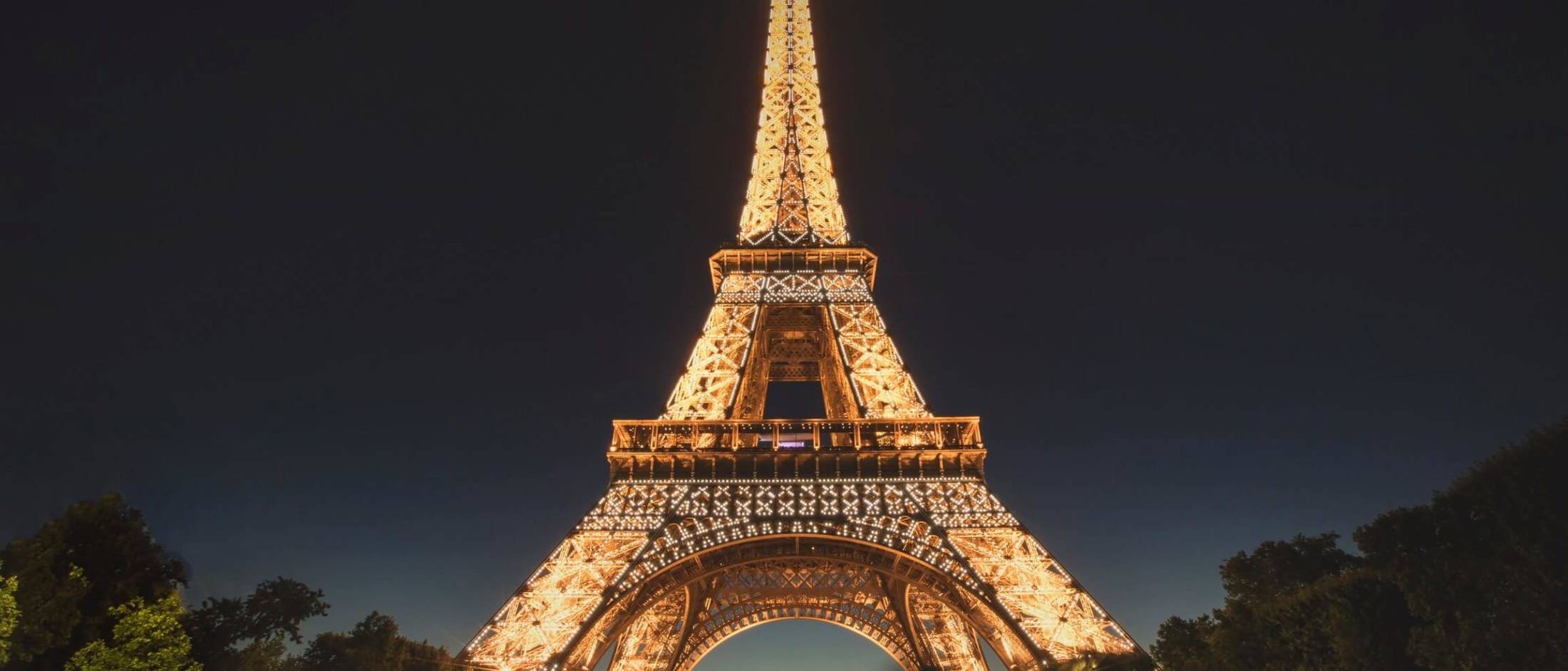
Praying for Paris doesn’t make you racist
Opinion + AnalysisRelationships
BY Matthew Beard The Ethics Centre 17 NOV 2015
It is not Paris we should pray for. It is the world.
Those are the opening lines of a poem by Karuna Ezara Parikh, a poet from New Delhi, whose poem went viral after terrorism attacks in Paris, Beirut, and Baghdad.
The poem reflects a growing tradition in which people’s personal responses to tragic events is subjected to moral scrutiny. In response to online movements of solidarity such as #Prayers4Paris and #JeSuisParis emerged #PrayfortheEntireWorld and#PrayforLebanon.
These response movements censure those whose concerns about global terrorism are limited to Paris. At best they charge people with insensitivity, at worst outright racism. And not without some cause. Facebook, for instance, have not enabled a filter to show solidarity with Lebanon – nor was the Safety Check feature enabled for those in Beirut as it was for those in Paris.
It prompted New Matilda to ask (or perhaps more accurately, accuse):
How do we explain our identification with French suffering and our apparent indifference to Lebanese suffering? Or more to the point, how do we explain our indifference to the suffering of people we perceive as different, Lebanese, African, Hazara, Muslim … Brown people.
I’ve been thinking about Paris more than I have Beirut. I don’t believe that makes me racist, indifferent, or insensitive.
I have not prioritised some victims of terrorism over others. Victims of murder are always and everywhere the victims of one of humanity’s deepest horrors – their very right to life has been torn away. In this tragedy, they are all equals.
Those who ISIS murdered in Beirut are no more or less important than those in Paris. Or in Mosul, Baghdad, or anywhere else for that matter – not ethically, nor to me personally. But it doesn’t follow from this that I ought to allocate equal sorrow, grief or reflection to each incident.
It may not even be possible.
Scottish philosopher David Hume believed morality was based in sympathy – the ability to understand and share in the experiences of another person. Morally good people are, Hume argued, pleased when someone experiences something good and saddened when someone else suffers.
But all of this is grounded in our ability to know and understand how another person is feeling. We are more readily able to imagine and thereby sympathise with the familiar. We are better at knowing how our family feel than we are a total stranger.
I’ve been to Paris – I’ve walked the streets, smelled the air, and been among its people. I was there on my honeymoon. My wife and I dined in restaurants, drank in bars, and wandered the streets around Rue de Voltaire – just like those who were slaughtered last Friday.
ISIS didn’t just attack today’s Paris. They attacked the Paris of Les Misérables, A Tale of Two Cities, and Hemingway.
When my heart breaks for Paris it breaks because I know the streets that are stained with blood more intimately than I do the markets of Beirut or the mosques of Baghdad. Others whose heritage, reading or travels are different may connect more with Baghdad or Beirut. Or Japan, Mexico or any of the countless places in the world where innocent people suffer.
Of course, not everyone mourning for or expressing solidarity with Paris has visited France before. Perhaps the charge of racism still applies. Do Westerners more readily empathise with the experience of white people? Not necessarily.
Paris has always held a special place in the Western imagination. It sits alongside Rome and Athens as definitive of Europe and the West. This is precisely why ISIS chose it as a target. Terrorism speaks in symbols, and Paris is precisely that. ISIS called it the “capital of prostitution and obscenity” but Paris is more than that – it’s an icon of Western secularism, humanism and indeed, decadence.
ISIS didn’t just attack today’s Paris. They attacked the Paris of Les Miserables, A Tale of Two Cities and Hemingway. Put simply, Paris was attacked because it matters more than most other places to the West. Terrorism aims to hit our imaginations, so ISIS struck a city that captures it more than most.
The other reason Paris strikes us more deeply is because it brings the threat of terrorism closer to home. Although every Western nation has been exposed to Islamic extremism in its own way, we continue to believe attacks on our own soil to be the unlikely exception. Statistically, they are, but attacks in places such as Boston, Paris, or New York make the risks of terrorism tangible in a way similar attacks in Baghdad, Beirut, or Nigeria do not.
This is because Western nations have, since the Enlightenment, eschewed the type of ideological extremism that generates the violence that defines ISIS and other groups. We have led ourselves to believe religiously motivated violence is an artefact of history in secular societies. In other parts of the world where the norms of secularism don’t apply, we understand such violence to be possible – but not here.
Western nations have, since the Enlightenment, eschewed the type of ideological extremism that generates the violence that defines ISIS and other groups.
Thus we are not only shocked or sorrowed by attacks in Paris, we are afraid. And so we counteract our fear with movements of solidarity, resolve and a reaffirmation of our values. That’s not racism.
With all that said, it is right that people remind us of horrors elsewhere in the world. By expanding our imaginative faculties we can overcome the xenophobia and tribalism on which groups like ISIS rely.
So take a moment for Beirut, for Baghdad – mourn their dead. Think more of those places than Paris if it’s where your thoughts, prayers or heart lies. But don’t shame those who still think of Paris, and don’t feel guilty if you feel the same.
Ethics in your inbox.
Get the latest inspiration, intelligence, events & more.
By signing up you agree to our privacy policy
You might be interested in…
Opinion + Analysis
Climate + Environment, Politics + Human Rights, Relationships
This is what comes after climate grief
Big thinker
Politics + Human Rights, Relationships
Big Thinker: Dennis Altman
Opinion + Analysis
Health + Wellbeing, Relationships
Women must uphold the right to defy their doctor’s orders
Opinion + Analysis
Relationships, Society + Culture
What does love look like? The genocidal “romance” of Killers of the Flower Moon
BY Matthew Beard
Matt is a moral philosopher with a background in applied and military ethics. In 2016, Matt won the Australasian Association of Philosophy prize for media engagement. Formerly a fellow at The Ethics Centre, Matt is currently host on ABC’s Short & Curly podcast and the Vincent Fairfax Fellowship Program Director.
BY The Ethics Centre
The Ethics Centre is a not-for-profit organisation developing innovative programs, services and experiences, designed to bring ethics to the centre of professional and personal life.
Germaine Greer is wrong about trans women and she’s fuelling the patriarchy

Germaine Greer is wrong about trans women and she’s fuelling the patriarchy
Opinion + AnalysisHealth + WellbeingRelationships
BY Helen Boyd The Ethics Centre 9 NOV 2015
I’ve been doing work with and for trans women for about 15 years now. And the thing I tell most audiences at the outset is this – once you know one trans person, you know one trans person. That is all you know.
Germaine Greer has met a few trans women and she has made a decision about all trans women. She has decided that trans women are not women.
I am going to give her the benefit of the doubt and assume she is not making such a sweeping statement based on personal and anecdotal evidence. This leaves only biology and theory as ways to determine what defines a woman.
Let’s start with biology.
I believe trans women are not just women, they are female. This is a hang-up on the part of many feminists who are still stuck in some world where biology is destiny. Because if ‘woman’, as de Beauvoir argued, is a social construct, we become women by living as women in the world, by facing oppression based on gender. For some women, that social conditioning starts with birth because of a vagina and a doctor’s declaration. For others, it starts at 15, 45, 75…
There is nothing feminist about asserting the rights of the oppressors over the dignity and value of the oppressed.
Trans women are aware they are female and are meant to have bodies that allow others to gender them correctly. Harry Benjamin, a pioneer in trans issues, saw attempts to change the minds of transgendered people as not only futile but un-Hippocratic. Changing minds caused unnecessarily suffering. So he designed a way to change bodies.
Definitions of sex are based on very little – chromosomes and hormone dominance. The combination of those two is what creates a sexed body, but we also know that bodies with vaginas sometimes come with XY chromosomes and vice versa.
We also really have no idea what part of the brain “tells” us our sex. Mostly, for those of us who are not trans, we never face a disruption between our bodies/glands/hormones and the way we are socialized. Trans people do. Some experience a crippling, brutal disruption. They experience gendered oppression both internally and externally.
Which is all my way of saying ‘female’, like ‘woman’, is an unstable category. Its very definition is changes based on what we know about bodies, chromosomes, hormones, foetal development, and particularly brain sex.
So we turn to theory for a definition of woman instead.
As a feminist my compassion is with those who experience gendered oppression of any kind. My intersectional feminism recognises all women experience gendered oppression in different ways. For black women, gendered oppression is racialized. For poor women, gendered oppression is classed. For trans women, gendered oppression is transphobic.
I don’t know how Germaine Greer missed out on 30+ years of gender theory, positing that woman is a stable, universal and identifiable category. It hasn’t been for a very long time. I also don’t know how she can be any kind of post-structural feminist and not acknowledge that socialization is what makes a woman a woman.
I don’t know of a group of women right now who are more restricted or oppressed by someone else’s definition of ‘woman’ than trans women.
And I don’t know of a group of women right now who are more restricted or oppressed by someone else’s definition of ‘woman’ than trans women (except, of course, black women and lesbians and childfree women and post-menopausal women). ‘Woman’ is, after all, a category of patriarchy’s making.
It pains me to see a feminist borrow tools from the master’s toolbox and call them liberation.
Germaine Greer is wrong. She carries a greater resonance and burden because we expect such remarkable feminism and knowledge from her. She is not dismissible or stupid, but she is still wrong. Everything I know as a feminist is built on inclusion. ‘Woman’ is an alliance, not an identity you choose. It is the sum of all of the parts of what it is to live in a patriarchy and to feel no power and a tremendous threat of violence if you don’t follow the rules.
If there is anyone in the world who is experiencing those things right now, it is trans women. She is not just upsetting people by saying what she says. She is giving those who hate trans women permission to make their lives more miserable. And there is nothing feminist about asserting the rights of the oppressors over the dignity and value of the oppressed.
Her stance is not just harmful and illogical but more than anything else it seems spiteful, exclusive, and lacking in compassion. It is not my feminism, and no feminist worth her salt would exclude other women based on how good or how bad they are at being women. And she is doing exactly that.
Read a different take on trans women and Germaine Greer here, by Aoife Assumpta Hart.
Ethics in your inbox.
Get the latest inspiration, intelligence, events & more.
By signing up you agree to our privacy policy
You might be interested in…
Opinion + Analysis
Relationships, Society + Culture
I’m really annoyed right now: ‘Beef’ and the uses of anger
Opinion + Analysis
Health + Wellbeing, Relationships, Science + Technology
How to put a price on a life – explaining Quality-Adjusted Life Years (QALY)
Opinion + Analysis
Relationships
Why we find conformity so despairing
Big thinker
Relationships
Big Thinker: Immanuel Kant
BY Helen Boyd
Helen Boyd is the author of My Husband Betty and She’s Not the Man I Married: My Life with a Transgender Husband.
BY The Ethics Centre
The Ethics Centre is a not-for-profit organisation developing innovative programs, services and experiences, designed to bring ethics to the centre of professional and personal life.
Maggie Beer: Good food can drive better aged care

Maggie Beer: Good food can drive better aged care
Opinion + AnalysisHealth + Wellbeing
BY Matthew Beard The Ethics Centre 6 NOV 2015
Cooking guru Maggie Beer has turned her culinary prowess to the considerable task of dishing up better food for the elderly, whether they’re living at home or in aged care. With her team at the Maggie Beer Foundation, she’s coordinating a movement that will bring the healing power of food to those who need it.
“We want to give them the energy to create mobility… So many people in the industry are working so hard often without the support, without the newest thinking or ideas, without the specialised training and without being valued,” Beer explains.
Loneliness and hopelessness can be a challenge to good nutrition. The elderly – especially the bereaved – can struggle to rationalise the effort and expense of cooking for themselves. Not only is it demanding on time and energy, it can be a reminder of loss.
It’s not surprising frozen meals and food delivery services become attractive. But this brings us back to nutrition. “So many of them are ordering Lite n’ Easy!” Beer bemoans. “Nutritionally, it’s the exact opposite of what they need”, which is, among other things, full-fat meals high in protein and calcium.
Better food and better food communities represent a solution. Taking a meal is a traditionally communal enterprise that nourishes the body and the soul.
“Loneliness is a huge thing so we’re trying to bring people together – even once a month – to share a meal and be part of a wider community,” says Beer.
Passion also plays a part. Beer is in the business of cultural change and she wants a passion for food to be part of the solution.
She hopes for “a kitchen culture [in aged care] where chefs and kitchenhands are proud of the food that’s being produced.” This pride in creating beautiful food trickles outward. It creates more energetic residents, but also reveals to staff the therapeutic power of pleasure.
“It makes them [the staff] proud and celebrates those providing the food,” she explains.
Beer is battling against those who allow the elderly merely to exist rather than live a full, enriching life. So is the problem with food in aged care a symptom of the broader social malady – our collective attitudes to ageing?
“It’s endemic”, says Beer. “We need to find those industry leaders who don’t have the preconceived notion that the elderly can be cared for without soul… I want to create a sense of outrage about [elderly people] who are merely existing.”
Cultural change is important to improve conditions for those in aged care right now. Beer is less concerned about the next generation of elderly.
“Baby Boomers have been making changes all their life – they won’t accept the status quo. But people need help and support now. They’ve lived hard lives and not complained. Now they need to feel valued.”
Beer is no slouch on the pragmatics of cultural change. Her strategy could have been pulled straight from Aristotle who believed ethical role models were necessary for good education. Beer is looking for examples of industry best practice to serve as benchmarks for others.
Using these benchmarks successfully will require leaders who are open to improvement – and a recommitment to the industry values that inform aged care.
“If you have a leader who knows how much good food can give to the resident pleasure and wellbeing, [it creates] a totally different attitude to those who see it as a means of keeping people alive… By finding the great examples, celebrating them and using them as benchmarks, there is so much we can do,” she says.
There are a number of such leaders around. Off the cuff Beer lists a range of projects she knows of or is involved with. From architecture to linguistics and gardening, progress is being made.
It isn’t just about changing the system, but each individual’s attitudes to include the elderly as part of the community. In that spirit, I ask Beer for three dishes every grandchild should be able to cook for their grandparents.
“It should be nutritious, but with lots of flavour and nostalgia”, she says. “Shepherd’s pie, a chicken soup with lots of vegies, and bread-and-butter pudding full of eggs, custard, and cream.”
The German philosopher Ludwig Feuerbach quipped, “philosophers have broken their heads over the question of the bond between body and soul. Now we know… eating and drinking hold together body and soul, that the searched-for bond is nutrition.”
He seems to have found his muse.
Ethics in your inbox.
Get the latest inspiration, intelligence, events & more.
By signing up you agree to our privacy policy
You might be interested in…
Opinion + Analysis
Health + Wellbeing, Relationships
Australia’s paid parental leave reform is only one step in addressing gender-based disadvantage
Opinion + Analysis
Health + Wellbeing, Politics + Human Rights, Relationships, Science + Technology
The value of a human life
Opinion + Analysis
Health + Wellbeing
How to live a good life
Opinion + Analysis
Health + Wellbeing
HSC exams matter – but not for the reasons you think
BY Matthew Beard
Matt is a moral philosopher with a background in applied and military ethics. In 2016, Matt won the Australasian Association of Philosophy prize for media engagement. Formerly a fellow at The Ethics Centre, Matt is currently host on ABC’s Short & Curly podcast and the Vincent Fairfax Fellowship Program Director.
BY The Ethics Centre
The Ethics Centre is a not-for-profit organisation developing innovative programs, services and experiences, designed to bring ethics to the centre of professional and personal life.
Nurses and naked photos

Nurses and naked photos
Opinion + AnalysisPolitics + Human Rights
BY Matthew Beard The Ethics Centre 6 NOV 2015
A Sydney nurse took an explicit photo of a schoolteacher who was under anaesthetic and awaiting surgery.
The teacher said, “I am a larger woman. To me, it’s obvious she took it to make fun of fat people.” The teacher is campaigning for legal reform to protect other patients from suffering in similar ways and to see the nurse punished for a criminal offence.
Obviously what this nurse did was wrong. It objectified another human being, treating her as an object of ridicule and subject to the whimsical mood of the nurse. What’s more, the nurse violated the contract of trust that underpins the relationship between patients and the medical profession.
By photographing her naked the nurse also subjected the teacher to deep and ongoing humiliation about her body and usually private sexual organs. The photograph also creates the possibility for further exploitation, distribution, and humiliation.
The teacher said, “I felt like my world was exploding. I felt I was in great peril that this photo was going to destroy my life, my career and that my son would find out.” It seems the psychological ramifications have been severe.
The act was intrinsically wrong. It violated notions of trust, the inherent dignity with which people ought to be treated, and undermined the values that inform the profession of nursing.
But independently of the consequences, the act was intrinsically wrong. It violated notions of trust, the inherent dignity with which people ought to be treated, and undermined the values that inform the profession of nursing.
It will be distressing to learn that there is currently no law in NSW forbidding behaviour like this. A loophole in the law means that because the photo was not motivated by sexual deviancy, but by the desire to make fun of the patient, no legal recourse was available. It seems reasonable to call for legal reform. This is precisely what Fiona McLay, the teacher’s lawyer, is doing.
The act was incontrovertibly unethical regardless of its legal standing and yet this nurse still felt empowered to take the photo. And worse, the nurse is still practising without restrictions or supervision, having apologised and found to have shown “the appropriate level of contrition”.
Despite all this, the instinct to turn to law as a way to amend or prevent unethical behaviour is misguided. What is required is for the nursing profession to demonstrate this behaviour will not be tolerated and is directly against the values nursing stands for.
Making such photographs illegal will do little to return trust – patients will still be vulnerable before surgery occurs and nurses will still have the opportunity to take such photos. Making photographs illegal will do little more than allow wrongdoers to be sent to prison.
Law is a clumsy instrument for enforcing ethical behaviour.
For us to trust nurses in spite of a story like this the profession must uniformly state their disapproval for the conduct and demonstrate willingness to enforce its own ethical standards. Law is a clumsy instrument for enforcing ethical behaviour. Re-committing as a profession and as individual professionals to the core values of the field – trust, respect for persons and patient care – is much more likely to avoid instances like this in the future.
There is no reason to excuse the nurse’s behaviour in this case. However, it is worth understanding this incident occurred in a context where crass jokes may well be the norm.
Jokes help us get through the day and although this one went seriously awry we should recognise the context in which it was made. Nursing is a tough field. It’s demanding on the body and the mind, and sometimes errors of judgement – including insensitive, invasive jokes – are a possibility.
As the old saying goes, sometimes you have to laugh to keep from crying.
Humour is a matter of taste, and much relies on pushing against ordinary modes of thinking – including moral norms. Of late there has been heated debate regarding the place and value of racist and sexist humour in comedy. Regardless of the view we take on that particular subject, we should agree that any form of humour that trades off the humiliation of a particular individual, or is done in ways that can have lasting and severe consequences for a person’s wellbeing will be unethical – even if funny to some.
Ethics in your inbox.
Get the latest inspiration, intelligence, events & more.
By signing up you agree to our privacy policy
You might be interested in…
Opinion + Analysis
Politics + Human Rights
Is every billionaire a policy failure?
Opinion + Analysis
Business + Leadership, Politics + Human Rights
Vaccination guidelines for businesses
Explainer
Politics + Human Rights, Relationships
Ethics Explainer: Autonomy
Opinion + Analysis
Business + Leadership, Politics + Human Rights, Relationships
After Christchurch
BY Matthew Beard
Matt is a moral philosopher with a background in applied and military ethics. In 2016, Matt won the Australasian Association of Philosophy prize for media engagement. Formerly a fellow at The Ethics Centre, Matt is currently host on ABC’s Short & Curly podcast and the Vincent Fairfax Fellowship Program Director.
BY The Ethics Centre
The Ethics Centre is a not-for-profit organisation developing innovative programs, services and experiences, designed to bring ethics to the centre of professional and personal life.
Are there any powerful swear words left?

Are there any powerful swear words left?
Opinion + AnalysisHealth + WellbeingRelationships
BY Rebecca Roache The Ethics Centre 4 NOV 2015
Despite its usefulness when you lock your keys in the house, or forget about a crucial meeting or trip on your child’s toy, people object to swearing. The justifications are usually moral, or quasi-moral. We’re often told swearing is disrespectful, impolite, aggressive, intimidating or insulting.
It is also common to hear a pragmatic objection to swearing. We risk wearing out swear words by saying them too often. If overused, swear words will lose their power to shock. Too much swearing will result in a bland, emotionally inert vocabulary.
Is this true? Is it already happening?
This pragmatic worry is well founded. Philosopher Joel Feinberg remarked that swear words “acquire their strong expressive power in virtue of an almost paradoxical tension between powerful taboo and universal readiness to disobey”. We need the taboo to make swear words powerful in the first place. And we need to break the taboo in order to make use of their power.
If we are too eager to disobey a taboo then we risk losing the taboo. This frequently happens in other areas of life, often for the better. Public displays of homosexuality were shocking 20 years ago but – at least in the UK and many other countries – not now, largely thanks to an increasing visibility and openness about sexuality.
This might be happening with swearing too. There are more opportunities to encounter swearing, due to increasingly liberal attitudes and the proliferation of uncensored discussion on the internet. A report by the BBC and the ASA (the Advertising Standards Authority) found that “fuck” – once close to the pinnacle of offensiveness – is less shocking than it used to be.
We probably have a few years to go before the Queen uses her Christmas Day speech to report that she has had a “fucking shit year”.
But this underestimates the complexity of how we shock people by swearing. While “fuck” is pretty ubiquitous in some situations, there remains a strong taboo against using it in other contexts. We probably have a few years to go before the Queen uses her Christmas Day speech to report that she has had a “fucking shit year” rather than an annus horribilis. It will be a while before your doctor breaks news of your terminal illness by saying, in a most sympathetic voice, “You are totally fucked”.
And even in contexts where we can swear more freely, much depends on how we swear. Your Facebook friends may not bat an eyelid at your Saturday night status update, “Fucking wasted again”.
You might, however, put a few noses out of joint if you respond to their cheerful birthday wishes with a “Fuck you!” Using swear words to shock is not purely a matter of the availability of shocking words.
In any case, even if “fuck” really were to lose its shock value we still have plenty else to choose from. Many people who don’t mind “fuck” still draw the line at “cunt”. If you really want to get someone’s attention in these enlightened times, you could utter a racist or homophobic slur. The offensiveness of this sort of language has increased at the same time as the offensiveness of “fuck” has decreased.
There are persuasive moral reasons why you shouldn’t use prejudicial language, but the issue here is not the ethics of offensive language, but whether we have any powerful swear words left. The availability of shocking words tracks what people find offensive. As long as we remain offended by something or other, we will have the capacity to offend people by referring to it. And if offensive ways to refer to it don’t exist, we can invent them.
If you’re looking for a way to shock and offend, to express anger or to help you cope with the pain of stepping barefoot on a piece of Lego, you don’t need to resort to hate speech. You don’t need to swear either. Just break a few taboos.
Go on Facebook and tell your best friend his new baby is ugly. Tell your boss she’s put on weight. Loudly summarise your preferred masturbation techniques for the benefit of everyone in your train carriage.
Hell, you don’t even need to use language. Give your colleagues the middle finger. Turn up to work naked. Take a dump in the aisle during a church service. Write an online essay replete with swear words and disconcerting examples.
With a little imagination we can find limitless and powerful ways to offend people if that’s what we want to do. We don’t need to give a fuck about whether our favourite swear words are declining in their capacity to shock.
Ethics in your inbox.
Get the latest inspiration, intelligence, events & more.
By signing up you agree to our privacy policy
You might be interested in…
Opinion + Analysis
Relationships, Society + Culture
Where are the victims? The ethics of true crime
Opinion + Analysis
Relationships
Agree to disagree: 7 lessons on the ethics of disagreement
Opinion + Analysis
Climate + Environment, Relationships
You can’t save the planet. But Dr. Seuss and your kids can.
Opinion + Analysis
Relationships
A guide to ethical gift giving (without giving to charity)
BY Rebecca Roache
Rebecca Roache is a British philosopher and Senior Lecturer at Royal Holloway, University of London, known for her work on the philosophy of language, practical ethics and philosophy of mind.
BY The Ethics Centre
The Ethics Centre is a not-for-profit organisation developing innovative programs, services and experiences, designed to bring ethics to the centre of professional and personal life.
Anthem outrage reveals Australia’s spiritual shortcomings

Anthem outrage reveals Australia’s spiritual shortcomings
Opinion + AnalysisHealth + WellbeingRelationships
BY Simon Longstaff The Ethics Centre 2 NOV 2015
This article was originally published on The Age.
The decision by Cranbourne Carlisle Primary School in 2015 to allow some of its students a temporary exemption from singing Australia’s national anthem has sparked outrage in some quarters.
Those exempted all belonged to the Shiite faith, a branch of Islam. But I expect these students usually sang the anthem with as much pride as any other Australian child.
However, on this occasion, the opportunity to sing fell during the month of Muharram – a period of mourning during which Shiites remember and honour their founder, Imam Hussein. This is a month of solemnity in which Shiites are to avoid all joyful acts, including singing. It captures some of the tone of the Christian period of Lent which was traditionally a time devoted to pious reflection and avoiding overtly pleasurable activities.
So what might be said about a school’s decision to let children put religious observance ahead of patriotic duty?
There would have been barely a ripple of dissent if the issue had been one of physical capacity.
The first thing to note is there would have been barely a ripple of dissent if the issue had been one of physical capacity. Imagine a young girl who has recently returned to school after throat surgery. She feels fine. Her voice has returned to normal and all discomfort has gone.
However, her doctor has warned she is not to shout or sing for the next month to protect against scarring. She must also avoid dust and smoke, and stay indoors where possible.
Her first day back coincides with the school assembly. By tradition, the school meets under the spreading oaks that are the its finest feature. The classes are formed up around a central pole where the Australian flag is raised each morning as the national anthem is sung by all.
The student wants to join her classmates at assembly and participate equally in the proceedings. Like every child her age, she does not want to stand out from the crowd. But her mother has explained the situation to the school principal, so instead of singing the national anthem with gusto, she finds herself sitting inside her classroom waiting for the others.
Now, would this student, her parents or the school authorities be blamed for not singing the national anthem or for not being at assembly? I think not.
Yet the analogy between this hypothetical and the Carlisle case is good in all respects but one. The risk faced by students at Carlisle was of a spiritual rather than physical order.
The idea of spiritual risk or disorder has become unfamiliar in an increasingly secular society. For many people, it is perplexing that someone might genuinely fear ‘sinful conduct’ or that such a concern takes precedence over civic duty.
Yet not so long ago a majority of Australians believed in hell and the possibility of ‘eternal perdition’. Indeed there are still people who would choose to be imprisoned or die rather than act against their religious beliefs or conscience.
The fact that the spiritual worldview is so unfamiliar to us does not make it any less real or powerful for those who are pious and concerned for the health of their souls.
One might doubt the validity of the metaphysics but not the sincerity of the believers.
The Shiite children of Cranbourne Carlisle Primary School were neither rejecting nor disrespecting Australia when they temporarily withdrew from their assembly. They were protecting their spiritual integrity. They were also accepting the advantages of living in a liberal democratic society that guarantees their right to the peaceful enjoyment of religious freedom.
The children who remained in assembly were singing the national anthem in support of this ideal. For all Australians are young and free.
Ethics in your inbox.
Get the latest inspiration, intelligence, events & more.
By signing up you agree to our privacy policy
You might be interested in…
Opinion + Analysis
Relationships
Elf on the Shelf is a fun and festive way to teach your child to submit to the surveillance state
Opinion + Analysis
Society + Culture, Relationships
Stoicism on Tiktok promises happiness – but the ancient philosophers who came up with it had something very different in mind
Big thinker
Politics + Human Rights, Relationships
Big Thinker: Confucius
Opinion + Analysis
Health + Wellbeing, Relationships
The truths COVID revealed about consumerism
BY Simon Longstaff
After studying law in Sydney and teaching in Tasmania, Simon pursued postgraduate studies in philosophy as a Member of Magdalene College, Cambridge. In 1991, Simon commenced his work as the first Executive Director of The Ethics Centre. In 2013, he was made an officer of the Order of Australia (AO) for “distinguished service to the community through the promotion of ethical standards in governance and business, to improving corporate responsibility, and to philosophy.”
BY The Ethics Centre
The Ethics Centre is a not-for-profit organisation developing innovative programs, services and experiences, designed to bring ethics to the centre of professional and personal life.
Would you kill baby Hitler?

Would you kill baby Hitler?
Opinion + AnalysisPolitics + Human RightsRelationships
BY Matthew Beard The Ethics Centre 1 NOV 2015
The New York Times Magazine polled its readers. “If you could go back and kill Hitler as a baby, would you do it?” 42% of people said yes.
Why they decided to ask the question is a mystery, but it sparked a meme that’s been bouncing around the internet ever since. The meme reached its zenith when Huffington Post asked Jeb Bush whether he would do the deed.
“Hell yeah, I would,” he declared. “You gotta step up, man.” Bush acknowledged the inherent fragility of time travel – as explored by scholars Marty McFly and Doc Brown, but ultimately conceded, “I’d do it. I mean, Hitler…”
Before you saddle up behind Jeb on the time travel express to Hitler’s nursery, here are a few things to consider.
Baby Hitler is innocent
Most ethical justifications for killing start with the presumption that people don’t deserve to be killed unless they’ve done something to forfeit their right to life. Depending on who you speak to, this might include being involved in an attack against somebody else, being in the military or even trafficking drugs.
Unless baby Hitler is running a Walter White-esque meth operation out of his preschool, he’s done nothing to forfeit his right to life.
Until he does – say, by orchestrating genocide – Hitler retains it. Killing him as a baby would therefore be wrong.
Acts of evil have personal costs
Knowingly doing the wrong thing – like killing an innocent baby – carries a personal cost. When we transgress against deep moral beliefs we can experience debilitating guilt, shame, anxiety and depression. Such actions can even come to define us permanently.
Some academics are now using the term ‘moral injury’ to describe the personal costs of acting against our moral beliefs. “Don’t kill innocent children” is arguably the most deeply held moral belief any of us have. Violating that norm comes at a severe price.
“Don’t kill innocent children” is arguably the most deeply-held moral belief any of us have. Violating that norm comes at a severe price.
Doing something wrong for the greater good doesn’t always work
German philosopher Immanuel Kant rejected the idea that ethics was just about “the greatest good for the greatest number” (a view known as consequentialism). Instead he argued that ethics was about doing what you are duty-bound to do – such as tell the truth and don’t kill.
He once considered the question of whether you could lie to save someone’s life. A murderer asks you for the location of a certain baby because he wants to murder him. Can you lie to save the baby’s life? Kant argued that you couldn’t – because you can’t guarantee that your lie will save the baby.
If you send the murderer to the bowling alley knowing the baby is upstairs, who’s to say the babysitter hasn’t taken the baby to the bowling alley without your knowledge? Suddenly you’ve told a lie and the baby is still dead, so you’ve made the situation worse overall.
In the case of Hitler, you would need to be certain his death would prevent the rise of Nazism and the Holocaust. If – as many historians contend – the rise of Nazism was a product of a range of social factors in Germany at the time, then killing a baby isn’t going to reverse those social factors. Butchering the babe might even allow for the rise of another power – equal to or worse than Hitler.
And you’ve still killed a baby.
Killing isn’t necessary
Some people argue that killing the innocent might be justified when it is the lesser evil. But even in that case it has to be absolutely necessary. If time travel is possible, it seems unlikely to be necessary to kill baby Hitler as opposed to, say, kidnapping him, adopting him out to a Jewish family or offering him a scholarship to the Vienna School of Fine Arts.
If time travel is possible, it seems unlikely to be necessary to kill baby Hitler.
Human lives are of immense, perhaps even infinite value. To take one – especially an innocent one – when it isn’t absolutely necessary is a serious ethical issue.
Dangerous precedent
Where do we draw the line? Once we’re done with Hitler which baby is on the block next? Pol Pot? Stalin? The guy who spoiled the end of Harry Potter and the Order of the Phoenix for me in high school? We would require a set of consistent, universal ethical principles by which to determine which babies deserve death and which don’t.
Giving baby Hitler all of our murderous attention betrays our cognitive and personal bias – surely there are other worthy candidates? How many lives must a person take before their infant self is a legitimate target for killing? What standard will be applied?
For me, I wouldn’t do it. I mean, just look at baby Adolf…
Ethics in your inbox.
Get the latest inspiration, intelligence, events & more.
By signing up you agree to our privacy policy
You might be interested in…
Opinion + Analysis
Politics + Human Rights, Relationships
Who’s your daddy?
Explainer
Business + Leadership, Politics + Human Rights
Ethics Explainer: Dirty Hands
Opinion + Analysis
Business + Leadership, Politics + Human Rights
Survivors are talking, but what’s changing?
Opinion + Analysis
Relationships, Society + Culture





